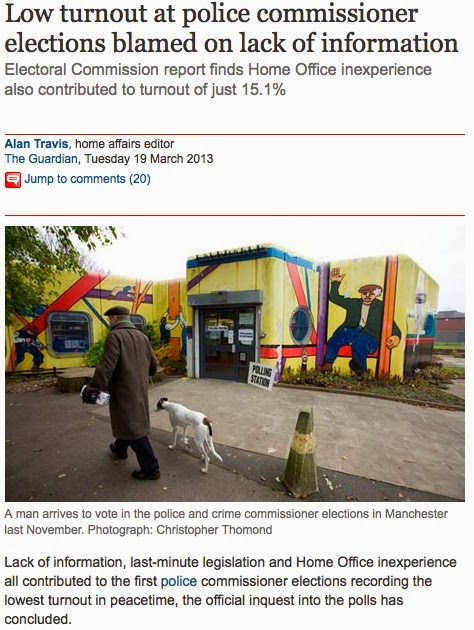A party political broadcast (also known as a party election broadcast or party conference broadcast depending on the date of broadcast) is a television or radio broadcast made by a political party.The major parties are granted opportunities to communicate directly to mass TV audiences through occasional party political broadcasts. As a form of advertising, these are essentially propaganda on behalf of a party, seeking to persuade viewers/voters that this party is the superior brand, the one they should vote for and believe in. These PPBs often focus on the alleged weaknesses or drawbacks of their opponents.
In the United Kingdom, political advertising on television or radio is illegal, but parties are instead allocated broadcast slots across the traditional terrestrial TV channels. On a given day, a given party will be allowed to broadcast a piece about five minutes long.
[Source: Wikipedia]
UK PPBs are fairly tame; its legal in the US to pay for political advertising, and many ads are savagely critical of an opponent. Critics of this system argue that, because of the huge cost of paying for TV ads and the fundraising required, this opens politics to corruption: wouldn't someone donating a million want something in return?
PPBs are easily spoofed too; this example twists the Conservative message into a very silly manifesto for delivering fudge and slaughter ...
Nonetheless, these short ads help to further your understanding of what the parties stand for.
Lets look at some examples...
2013 Tory PPB 12.4.2013
Having been out of power from 1997-2010, the Tories calculate that Eurosceptic policies and attacks on welfare will win the 2015 general election for them, and hope that their austerity policies deliver economic recovery, arguing there is no alternative after years of Labour overspending.
2013 Labour PPB 19.4.2013
After 13 years in government, Labour find themselves widely blamed for the economic disaster that kicked in in 2008; they seek to tread a fine line between attacking Tory austerity and agreeing to some of their economic policies and welfare reforms. Their central argument is on fairness.




